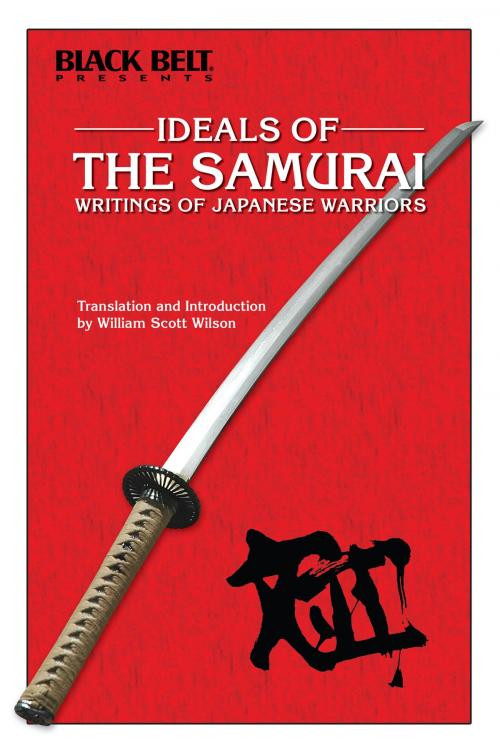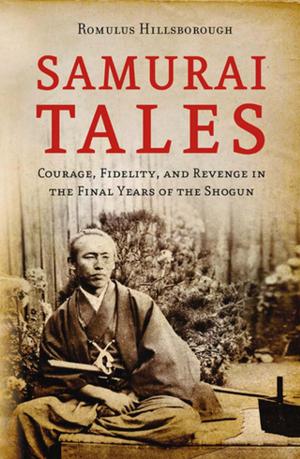| Author: | William Scott Wilson | ISBN: | 9780897503556 |
| Publisher: | Black Belt Books | Publication: | September 2, 2014 |
| Imprint: | Language: | English |
| Author: | William Scott Wilson |
| ISBN: | 9780897503556 |
| Publisher: | Black Belt Books |
| Publication: | September 2, 2014 |
| Imprint: | |
| Language: | English |
Blockbuster movies and top-selling novels, such as ShŌgun and Musashi, may try to give us a picture of the Japanese warrior and the principles that guided him through life. But those portrayals are, essentially, outsiders’ views, and although perhaps valid in their own right, do not come from the source. For a more accurate study of the Japanese samurai, we must understand how the warrior saw himself. To paint that picture, translator William Scott Wilson gathered together timeless precepts that had been written by 12 Japanese warriors centuries ago for the enlightenment of their descendants, clan elders and other warriors.
Now, these samurai guidelines — spelling out the rules that steered their ethics, morality and daily duties in war and peace — are available in English for the first time as an e-book! The samurai approach to being in the world deserves close attention, no matter what your profession or calling. Its teachings can aid the cultivation of self-awareness, common sense, social conscience, morality, respect, responsibility to duty and family, and many other qualities embodied by the true samurai warrior.
Wilson, who holds a master’s degree in Japanese language and literature, once served as a consular specialist for the Consulate General of Japan in Seattle. In 2005, he received Japan’s Foreign Minister’s Commendation from the Consulate General of Japan in Miami, and he has been called one of the most important scholars of Japanese Edo Period texts.
Blockbuster movies and top-selling novels, such as ShŌgun and Musashi, may try to give us a picture of the Japanese warrior and the principles that guided him through life. But those portrayals are, essentially, outsiders’ views, and although perhaps valid in their own right, do not come from the source. For a more accurate study of the Japanese samurai, we must understand how the warrior saw himself. To paint that picture, translator William Scott Wilson gathered together timeless precepts that had been written by 12 Japanese warriors centuries ago for the enlightenment of their descendants, clan elders and other warriors.
Now, these samurai guidelines — spelling out the rules that steered their ethics, morality and daily duties in war and peace — are available in English for the first time as an e-book! The samurai approach to being in the world deserves close attention, no matter what your profession or calling. Its teachings can aid the cultivation of self-awareness, common sense, social conscience, morality, respect, responsibility to duty and family, and many other qualities embodied by the true samurai warrior.
Wilson, who holds a master’s degree in Japanese language and literature, once served as a consular specialist for the Consulate General of Japan in Seattle. In 2005, he received Japan’s Foreign Minister’s Commendation from the Consulate General of Japan in Miami, and he has been called one of the most important scholars of Japanese Edo Period texts.















